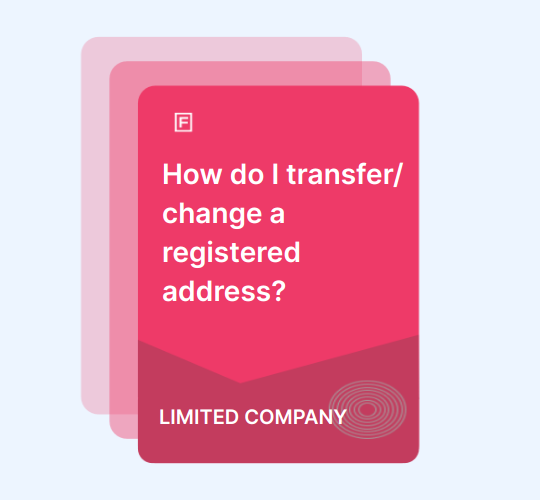

Definition of a Shareholder
A company shareholder is an individual who owns a portion of a company. When an individual holds shares in a company, they become a shareholder, signifying partial ownership. Shareholders have specific rights, including the ability to vote on crucial decisions during company meetings. The number of shares an individual owns represents their ownership stake in the company.
Shareholders can also receive a share of the company's profits, called dividends, if the company is doing well. The more shares you have, the more of the company you own, and the more say you have in how it operates. So, being a shareholder means you're a part owner of a business, and your ownership comes with certain benefits and responsibilities.
Who Can Become a Shareholder?
Shareholding companies can have any of the following shareholders:
- Individual person
- A group of individuals
- Partnerships
- Another company/organisation/corporate body
Even though shareholders hold significant power in making crucial business decisions, they are not allowed to participate in the day-to-day management of financial affairs. This responsibility falls under the scope of the company director.
It's important to note that shareholders in a limited company have the option to appoint themselves as company directors. This allows them to take on both the roles of a shareholder and a director. This practice is frequently observed in small companies.
Adding a Shareholder to a Company
To appoint new shareholders, you need to issue new shares to the individual, or transfer or sell existing shares owned by a current shareholder to the individual.
Transfer existing shares:
- Complete a stock transfer form
- File the stock transfer form with HMRC, depending on whether money is paid for the stock transfer
- Issue a share certificate to new shareholders
- Inform Companies House of the details of new company shareholders
Issue new shares:
- All existing members need to waive pre-emption rights on the allotment of shares
- Complete form SH01
- Inform Companies House of the details of new company shareholders before, or when the next confirmation statement is due.
Removing Company Shareholders
If an existing shareholder wants to leave the company, their shares must be transferred or sold to someone else. The company directors are responsible for overseeing the transfer, as well as updating the statutory register of members and Companies House with details of the new shareholders.
Further information is available on Companies House’s guide on how to change shareholders.
Updating Company Shareholders’ Details at Companies House
If the names or ownership shares of people owning a company change, or if new members join or existing members leave, it is necessary to inform Companies House through the confirmation statement.
The director or secretary is fully responsible for making sure that Companies House is informed about these changes.
What Happens if a Company Shareholder Dies?
In the unfortunate event of a shareholder's death, their shares may pass to their beneficiaries or heirs as specified in their will or according to intestacy laws if there is no will. The executor of the deceased shareholder's estate should notify the company of the shareholder's death, and the shares may need to be transferred accordingly.
Moreover, it's important to inform Companies House about a shareholder's death in the upcoming confirmation statement. Once the shares are transferred to the new beneficiary, you need to provide information about the new shareholder and mention the date of the previous member's death. The same procedure applies when a member leaves the company for other reasons.
%20(2)%20(1).webp)
We can help you with registering a limited company, take home pay, London business address, a dedicated accountant, accounting software and all your company filing from only £75/mo.
















































